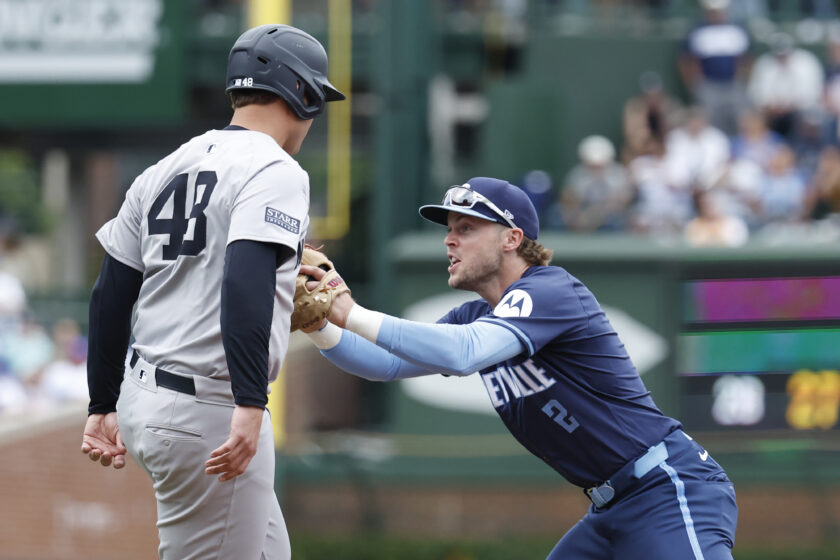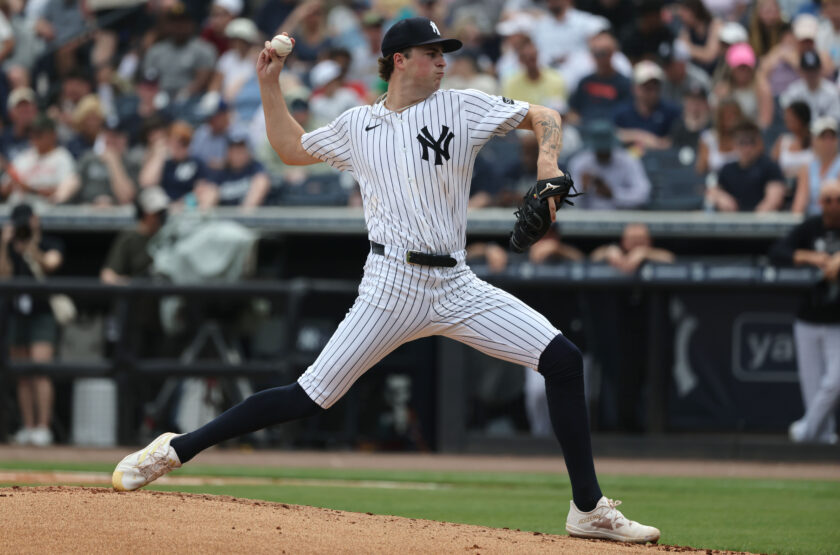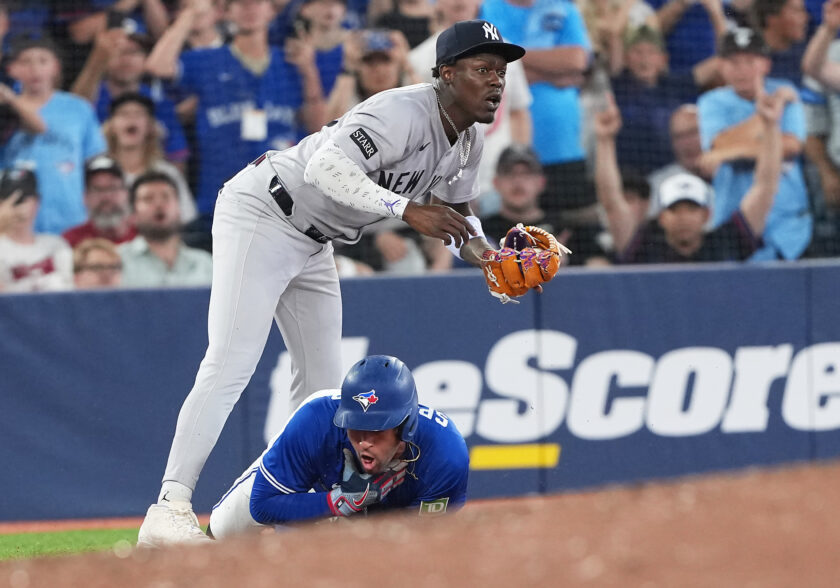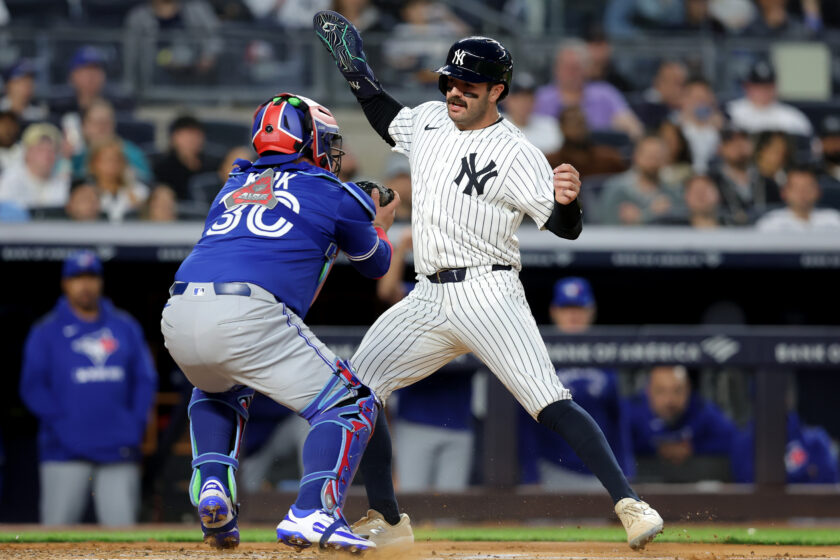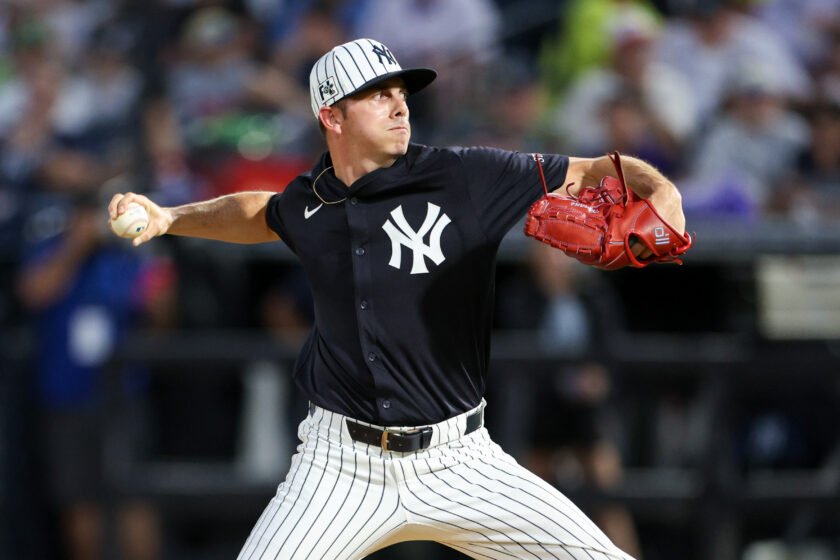New York Yankees: Alex Rodriguez and the long road to redemption
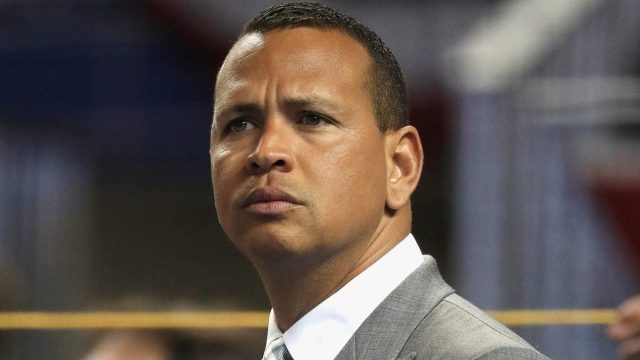
The announcement of Alex Rodriguez as the newest analyst for ESPN’s Sunday Night Baseball marks yet another high point in the post-playing career of the once vilified slugger and begins the next chapter in the best comeback in the history of professional sports.
When it comes to sports, who doesn’t love a comeback?
Michael Jordan returning to basketball in 1995. The New England Patriots rallying for 31 unanswered points in Super Bowl 51 after being down 28-3. The Cleveland Cavaliers winning the 2016 NBA Finals despite falling behind three games to one.
These are among the best. But with that being said, nobody has quite made a comeback like Alexander Emmanuel Rodriguez.
The professional life of Rodriguez has been a roller coaster, to say the least. Nobody’s career and public persona has taken as many twists and turns than his.
Rodriguez began his professional career when he was drafted first overall by the Seattle Mariners in 1993. The following year, at the age of 18, he made his MLB debut and quickly took the league by storm. During his seven years with Seattle, Rodriguez became a superstar and hit .309 with 189 home runs and drove in 595 runs.
He became a free agent in 2000 and signed a monstrous 10-year, $252 million contract with the Texas Rangers, which, at the time, was the biggest in sports history. Rodriguez only spent three years in Texas but continued to maintain his elite-level status.
However, his status would soon take a steep decline.
Once A-Rod was traded to the New York Yankees in 2004, controversy followed. From public tensions with team captain and former friend Derek Jeter to struggles in the postseason and clutch situations, Rodriguez was not the golden boy he once was. Despite this, his play in the regular season didn’t diminish and he was able to bring home the American League MVP in 2005 and 2007.
During the 2007 World Series, Rodriguez went from a good player who got under people’s skin to full-on bad guy when he publicly opted out of his contract. This was seen as an obnoxious way of trying to make himself bigger than the sport itself. He ultimately re-signed with the Yankees for $275 million over the course of 10 years with incentives for even more money.
The next low point came before the 2009 season when Sports Illustrated reported A-Rod had used performance-enhancing drugs from 2001 to 2003. Rodriguez confirmed these reports and had to miss the start of the season after right hip surgery.
[sc name=”Yankees Center”]Rodriguez had almost seemed to become a changed man on and off the field. He apologized for his usage of PEDs, seemed to more team-oriented than ever before and had arguably one of the best postseasons ever en route to the Yankees 27th World Series title.
But the good times weren’t to last. The next few seasons featured several different injuries for A-Rod and he returned to his old habit not being able to hit in the playoffs. After deafening boos, he was benched in the 2012 postseason in favor of Raul Ibanez, who went on to have one of the most storybook-styled playoff runs by a Yankee.
The final low point, however, turned out to be the worst of Rodriguez’s career. Rodriguez’s involvement in the Biogenesis scandal, his adamant denial, and his threatening to sue his team and the sport he loved nearly left his image unsalvageable.
Rodriguez was virtually unheard from in 2014 while serving his year-long suspension and dismissed by most when spring training rolled around in 2015. But something seemed different. A-Rod, himself, seemed different.
He met with new commissioner Rob Manfred and even penned a letter of apology to baseball, the Yankees and the fans. But why should this be any different? Hasn’t this been heard before?
Rodriguez put in a significant amount of effort during spring training and came out swinging (literally) in the regular season. A-Rod was the centerpiece of a high-power lineup, acted the right way off the field and said all the right things. He was receiving thunderous ovations in Yankee Stadium again. This was not the same Alex Rodriguez. He was more mature and dignified.
Alex Rodriguez was forgiven and the highs didn’t stop there.
Rodriguez was asked to join the FOX Sports desk for the 2015 World Series and wowed viewers. His insights of the game, ability to articulate and on-camera charm even got non-Yankee fans onboard with the new and improved A-Rod.
While 2016 was a rough season on the field for Rodriguez, it was still a success story. He was given a nice send-off from the team prior to his final game and stuck around the following year as an advisor. The hatchet had been buried with the Bombers.
He returned to FOX for the entire 2016 postseason, was featured weekly on FOX telecasts during the 2017 regular season while again headlining the broadcast team for the playoffs.
[sc name=”MLB Center”]The success in his post-playing career led to more television opportunities. From talk shows to late night and even ABC’s “Shark Tank,” A-Rod was seemingly everywhere.
This brings us to his most recent triumph. Rodriguez was named the new lead analyst for ESPN’s Sunday Night Baseball. ESPN, the same channel that ran stories of his downfall, has now welcomed him into their family with open arms.
Ironically enough, A-Rod has become arguably more beloved in retirement than Jeter. While many Yankee fans are still loyal to the captain for all he did in pinstripes, a good portion of baseball fans in general no longer see him the same light.
With his recent purchase and roster dismantle of the Miami Marlins, Jeter’s image has soured to non-Yankee fans. The opposite happened with Rodriguez when he began his post-retirement career as an analyst.
The story of Alex Rodriguez is complex and fascinating for that reason. Rodriguez’s reputation was all but destroyed. But by just saying the right things and acting mature, he changed that.
There are few who could have pulled this off. It serves as a testament that even someone with all the talent and ability in the world can still struggle with being viewed positively in the public eye. Rodriguez’s story of redemption is one that needs to be heard and is undoubtedly the greatest comeback in the history of sports.
[sc name=”Yankees Link Next” link=”https://elitesportsny.com/2018/02/12/new-york-yankees-if-adding-starter-goal-collin-mchugh-guy/” text=”If Adding A Starter Is Yanks’ Goal, Collin McHugh Is Yanks’ Guy” ]Contributing Yankees Writer | Sports Reporter for Centenary University’s “The Quill” | Centenary University ‘19

